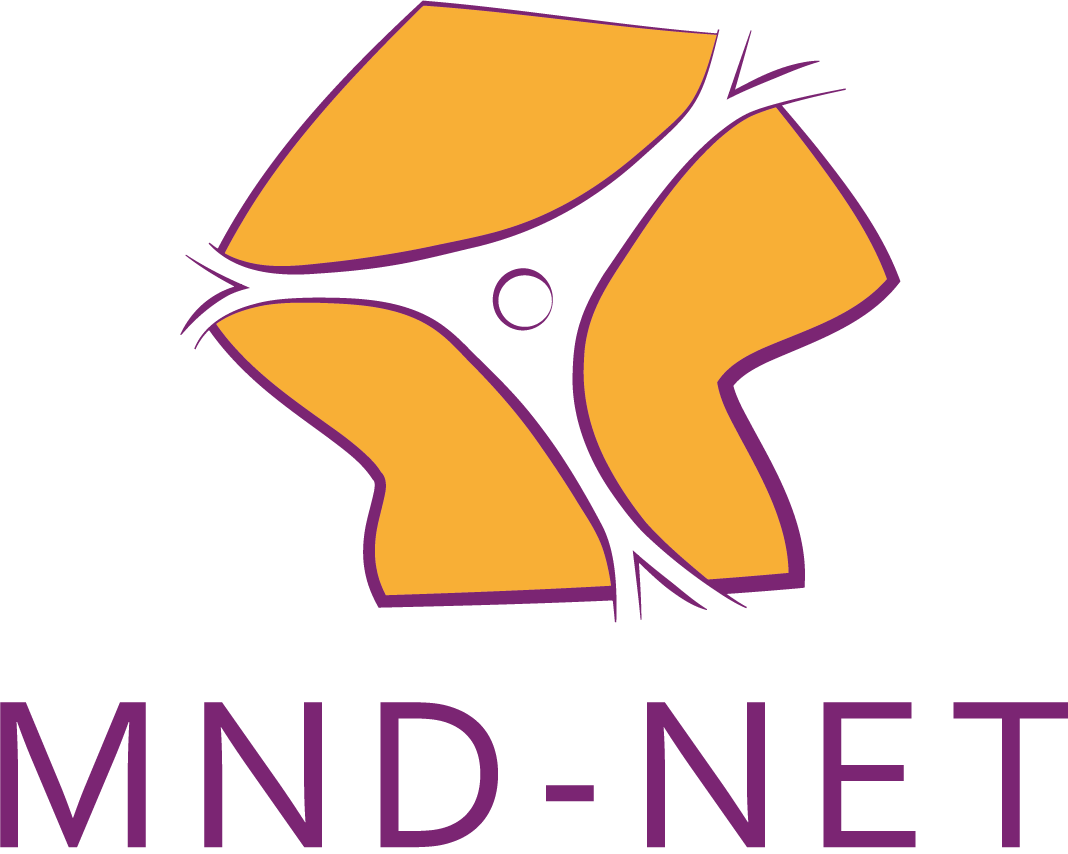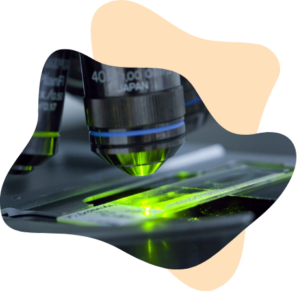Blood and CSF samples of most participating patients and control subjects are stored. The collection and processing of these samples is standardized. The samples are centrally stored in the Neurobiobank Ulm and can be used quickly and easily by project partners for scientific projects within the MND-NET.
Additionally, the samples are also available for external cooperation partners after application, resulting in national and international cooperation opportunities. The stored samples are and have already been intensively used for highly relevant projects, e.g. for biomarker research as well as for neuropathological and genetic investigations. For example, for the establishment of a biomarker for people suffering from ALS. Tear fluid samples are currently being collected via the TEAR-ALS study and preserved in the biobank of the TU Munich.
Biopsy tissue from skin enables the generation of patient-specific cell culture models, including motor neuron cell cultures. In the MND-Net, patient-specific induced pluripotent stem cell (IPS) lines have been generated at several sites and have already been successfully used for basic research. Among these, several IPS lines from patients with FUS, C9ORF72, SOD1, Optineurin mutations are already available.
In the brain and spinal cord tissue bank of the MND-NET, tissue samples obtained post-mortem are preserved according to a detailed protocol and are available for scientific investigations.



